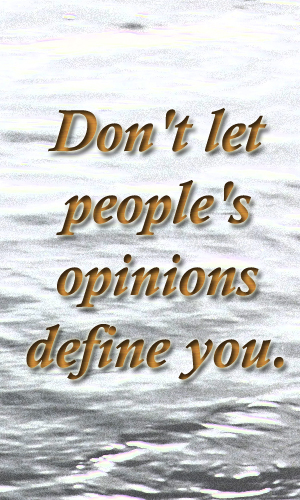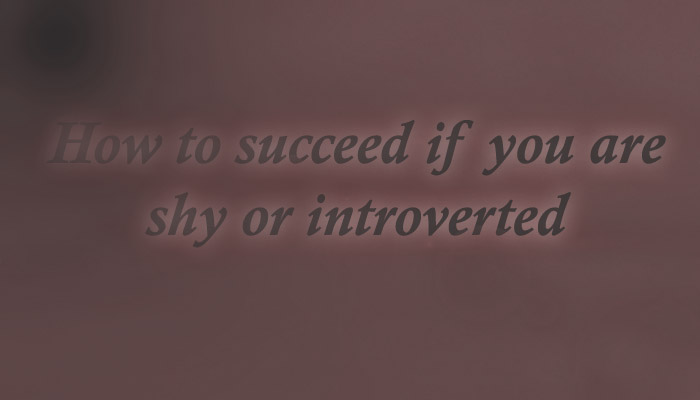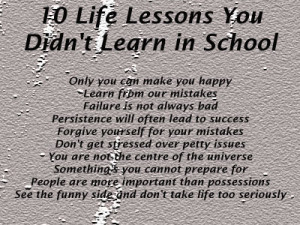How well do other people know you?
How well do other people actually know you? Including family members and those that are close to you. Plus, how well do you know yourself?
Insight into how our minds work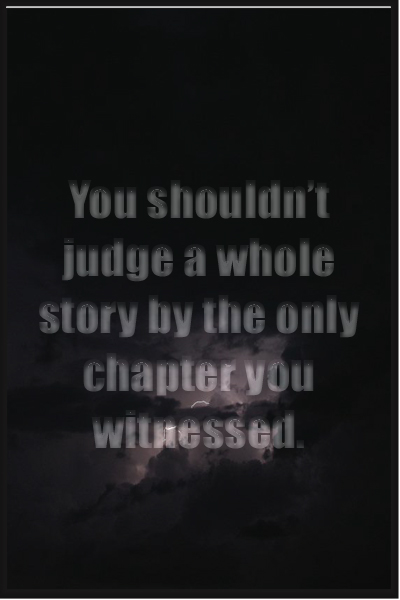
Who we are, how we come to conclusions, make decisions, and generally how we perceive and interpret the world is a very complicated process. The world is a very complex place, especially in modern society. People have never had such a wide scope of information and opinions available at their literal finger tips.
All of this information is simply too much for the human mind to deal with, even for the best minds. If everybody analyzed every single piece of information, nobody would ever get anything done. So, the human mind does various tricks and thinking distortions to speed up that information processing.
Two common cognitive distortion examples; black and white thinking, and generalizing. Cognitive biases are another form of thinking distortion, confirmation bias being a common example, however, there are many more. On top of these you can add psychological motivators like, ego gratification (need to feel good about ourselves), the need to have power over people, and the need to feel important. These motivators are often the root reasons for biased thinking.
How people judge you and others
Quickly is the answer, in most cases anyway. The mind is incredibly good at forming quick judgements, part of that judging process is labeling. Example labels are; that person is shy, funny, nice, or an arsehole, plus many more I’m sure you can think of. People are labeling others all the time. This is where black and white thinking and generalizations come into play, simply, quick thinking and judging distortions that our minds use to speed things up.
Sometimes there is some truth to these labels. However, they are just simple forms of categorizing personality types. Simple and quick judgements often have many inaccuracies to them.
Judgements tend to stick over time
While many aspects of ourselves do stay the same over time, other aspects can change and evolve over the years. This can vary greatly from person to person, and many subtle changes can result in a big change over time.
Most people’s judgements of you, including family members, don’t really adjust to cater for these changes. For example, a judgement of you at age 18 tends to stick with you. Someone may use their judgement of you at age 18 and assume you’re the same person at age 35. Often they don’t adjust their measurements of you to suit your new shape and size.
People love to think they are right
Yes, I’m sure it’s a big surprise that people like to think that they are right. The psychology term is ego gratification. Ego gratification is one of the top motivators that people have, most of what people say and do will be to achieve ego gratification.
So when a person judges and labels you, they believe that judgement is right, and they can begin to look for evidence to support that judgement, also known as confirmation bias. They look to confirm their thoughts in order to gratify that ego. They may never even consider that they are wrong, this will lead to discounting, distorting and discrediting evidence that doesn’t support their judgement of you.
Projection
Projection also plays a large role in peoples thinking. A person’s judgement of you is in part a projection of themselves. A person who is biased and highly subjective in their thinking often assumes everyone else is also biased. They think everyone is like them (projection). However, this is often not true, and it leads to incorrect judgements. Due to the above mentioned confirmation bias and ego gratification, they simply won’t except or consider that they are wrong.
Social influences
Peoples’ judgements of you are also partly influenced by wide-scale social or societal standards. These standards are often mistaken for facts or reality, and they are used to form opinions, including labeling and judging people. However, many of these common standards or beliefs are actually wrong, or only partly based on truths.
An example would be how people assign social status to others. What is considered high and low status is often simply the product of popular beliefs, which do change over time. Whether a person is perceived as high and low status is greatly connected to the judgements and labels people assign to others.
How well do you know yourself?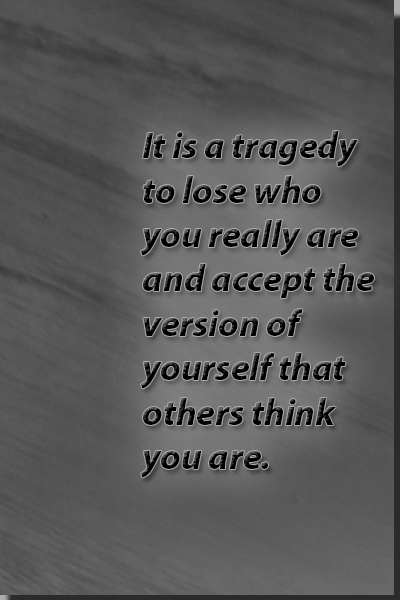
If enough people tell you something about yourself, or tell you often enough it can be easy to be influenced by them. See the consistency principle for more on this. This is especially true if you have not yet developed and strong identity or sense-of-self.
The powers of influence are also far more powerful if they come from someone who is talking with confidence and authority. Just remember that someone talking with confidence doesn’t mean they are right, it just means that they have a perhaps absolute belief in what they are saying. Most of the time this absolute belief is nothing more than arrogance, all fueled by the desire to gratify their ego in some form.
How well do you know yourself? Perhaps not as well as you think.
How well do other people know you?
If you take into account all of the filters, distortions, personality traits and biases, all of the motivations and beliefs that people can have, the answer is probably not very well. However, due to the power of influence, you can actually become the person that others think you are.

